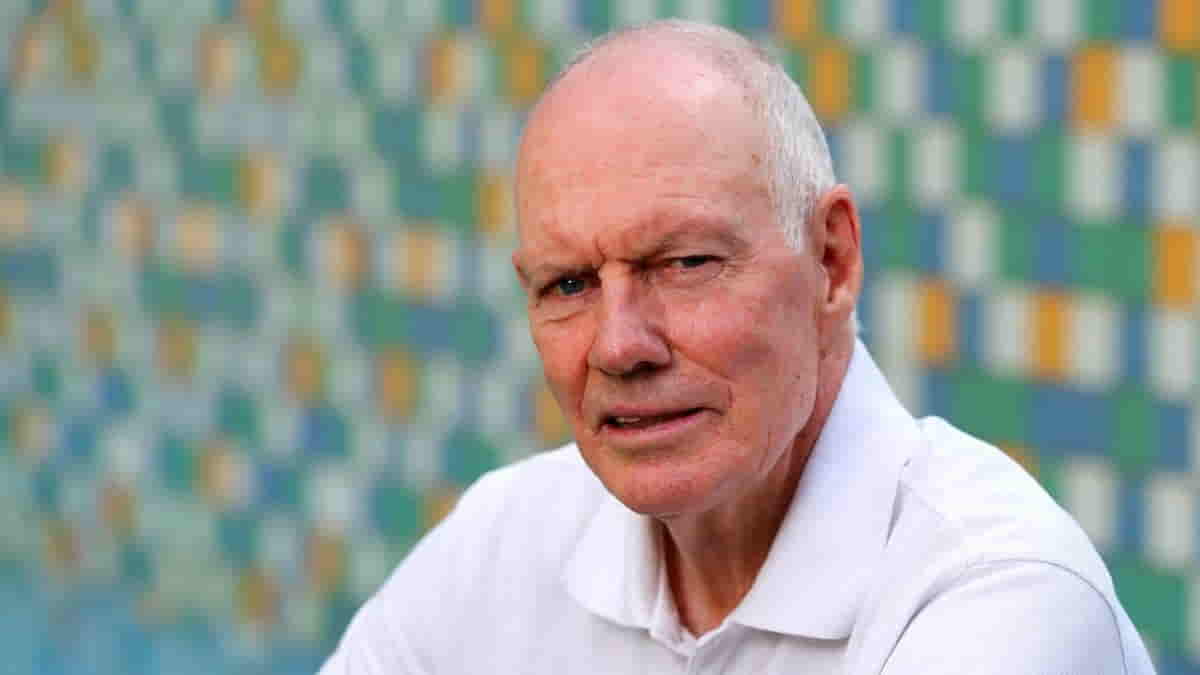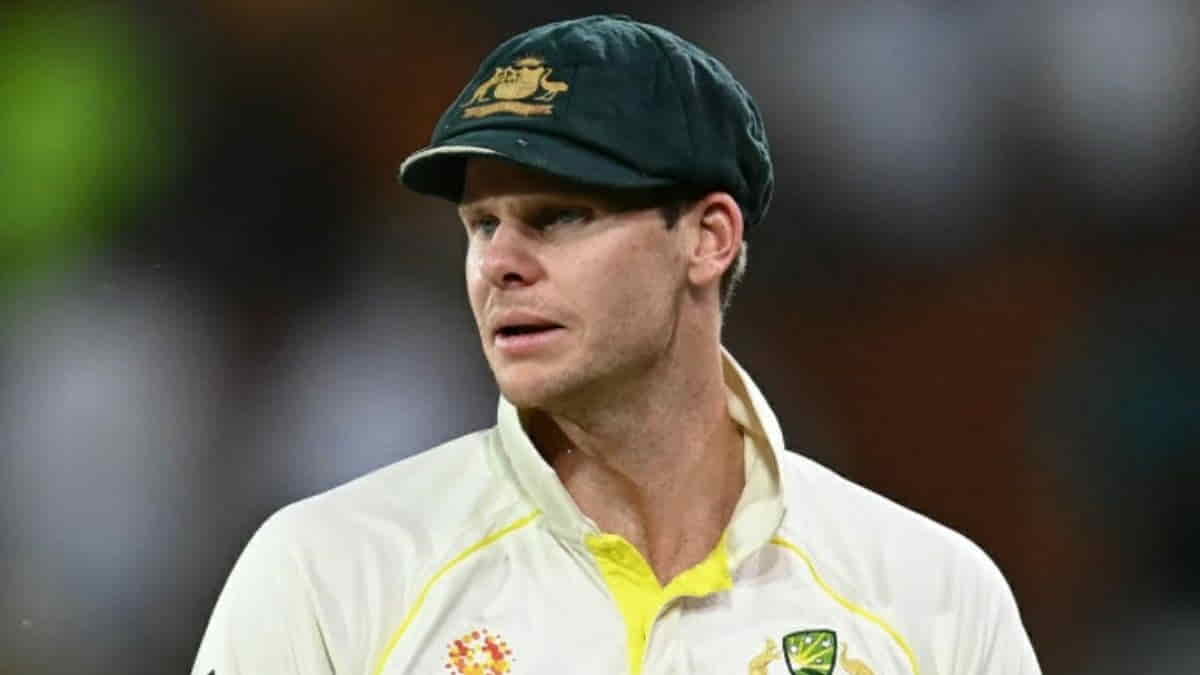
Australia’s culture revolves around cricket, which is more than simply a sport there. There is a group of unsung heroes whose subtle impact has made a lasting impression on the history of Australian cricket, even if legendary players like Allan Border, Ricky Ponting, and Sir Don Bradman have deservedly grabbed the center stage as the game’s leaders. Although these unsung stalwarts did not enjoy the same level of recognition as their more prominent counterparts, these lesser-known Australian cricket team captains still made significant contributions to the sport. These stalwarts of the Australian cricket team have led the squad to significant triumphs.
Mark Taylor

Despite his outstanding accomplishments as a captain, Mark Taylor is frequently seen as underappreciated for several reasons. First of all, Taylor emulated Allan Border, who is recognized for having undertaken the enormous task of bringing Australian cricket back to life after the Ashes humiliation in 1984. Although Taylor has achieved much, the harsh and unyielding Border established a high bar for future captains, which frequently leads to less flattering comparisons for Taylor. Taylor’s lack of personality and understated captaincy style set him apart from both Border and Waugh, which contributed to his underappreciated standing. In addition, Taylor’s captaincy came with an Australian cricket team that was already strong and stable, which would have lowered the perceived value of his accomplishments. However, Taylor deserves praise for his outstanding leadership record, which includes 33 victories in 50 Test matches and a 1999 Cricket World Cup victory.
Greg Chappell

Ian Chappell, considered to be one of the finest captains in Australian cricket history, raised the standard before he took over as captain. An incredible period of success was achieved in Australia because of Ian Chappell’s gregarious and outspoken manner. Even with all of his achievements, Greg Chappell is frequently compared less favorably to his successful brother. Furthermore, Chappell’s leadership was marred by several scandals, the most notable of which being the notorious “underarm bowling” incident against New Zealand in 1981, which badly damaged Chappell’s reputation and may have contributed to his underappreciated standing.
Kim Hughes

Many people consider Kim Hughes to be an underappreciated captain, mostly because of the difficult time he led Australian cricket throughout. When Hughes took over in 1979, the club was still recovering from the 1978–1979 Ashes rout and was dealing with the departure of key players like Dennis Lillee, Rodney Marsh, and Greg Chappell. Despite these obstacles, Hughes led Australia to notable successes. In the West Indies in 1981–1982, Hughes captained the side to a historic series victory. In 1983, Hughes guided Australia to the World Cup final. Hughes also supported player rights, which helped to enhance living circumstances for cricket players in the professional league. Hughes did not, however, escape criticism during his term. Some series, like the 1981 Ashes, ended in defeat as a result of his aggressive and emotionally charged leadership style. Hughes is still, however, a legitimately underappreciated player in Australian cricket history. Hughes provided leadership during difficult times and paved the way for Australia’s subsequent victories in the 1990s and 2000s.
Allan Border

For several strong reasons, Allan Border, who is frequently seen as an underappreciated captain, merits praise. At the lowest point in the Australian cricket team’s history, Allan took over as captain and masterminded its ascent back to prominence on a worldwide scale. Border’s unflinching toughness and tenacity made a lasting impression and gave his squad an everlasting sense of pride and resolve. Even under the worst of situations, Allan’s cunning strategies constantly brought out the best in his teammates. Australia won 21 of the 93 Test matches that Allan captained, including the historic 4-1 Ashes triumph in 1989. Border is frequently overlooked in favor of his more renowned successors, despite his outstanding achievements, which contributes to his underappreciated reputation. Allan is a very underappreciated captain, yet his crucial contribution to reviving Australian cricket and fostering a winning mentality cannot be understated.
Richie Benaud

Even though he was sometimes overshadowed by his more successful successors, like Mark Taylor, Steve Waugh, and Ricky Ponting, Richie Benaud was crucial to Australia’s rise to supremacy in Test cricket. There is no denying Benaud’s influence as a real captain who set the bar for upcoming Australian leaders. Among Benaud’s many notable accomplishments include captaining Australia to 24 victories in 28 Test matches, most notably the decisive 4-0 Ashes triumph in 1958–59. Beyond being captain, Benaud was a very skilled all-round player, a trailblazer in the field of spin bowling, a cunning strategist, and an expert in leg spin. Benaud was not just a great batter and fielder, but his skill extended beyond the cricket pitch. Benaud’s lasting legacy is his capacity to bring out the best in his players while creating a winning team environment. Richie Benaud’s achievements in Australian cricket are irreplaceable, cementing his place among the sport’s luminaries despite the overshadowing.
Mark Waugh
Mark Waugh is typically seen as an underappreciated captain despite his remarkable accomplishments. Waugh’s was usually eclipsed by his more notable successors, like Steve Waugh and Ricky Ponting. Waugh’s track record of leading Australia to 41 triumphs in 57 Test matches—including an unheard-of 16-match winning streak—says much about his leadership abilities. Waugh was a brilliant tactician who also had a strict management approach. The idea that Waugh is underappreciated is influenced by several reasons. First of all, unlike some of his teammates, Waugh was not as flashy or charismatic. Secondly, Waugh assumed leadership of a squad that was already formidable. Thirdly, controversy dogged Waugh’s tenure as captain, most notably the 2004 ball-tampering incident.
Michael Clarke

Several things contribute to Michael Clarke’s underappreciated reputation as a captain. Clarke was surrounded by two legendary Australian cricket icons, Steve Waugh and Ricky Ponting, whose enormous success sometimes overshadows his accomplishments. Australian cricket saw a relative downturn during Clarke’s captaincy, which was wrongly attributed to him alone. The team struggled to retain its previous supremacy as a result of player retirements, injuries, and cultural changes. Clarke was a controversial figure who offended some fans and analysts due to his contentious on-and-off-field image, which was defined by his competitive and combative approach as well as his outspoken temperament. Clarke’s underappreciated reputation was further enhanced by high-profile occurrences that damaged his captaincy, including the “homework gate” affair in 2013 and the infamous ball-tampering fiasco in 2018. In the larger context of Australian cricket leadership, Clarke’s captaincy accomplishments are still worthy of recognition, notwithstanding the difficulties.
Steve Smith

For a variety of reasons, Steve Smith remains underappreciated despite his achievements as captain. Steve Smith succeeded and was replaced by well-known Australian captains, Tim Paine and Michael Clarke, which sometimes leads to negative comparisons. A relative decrease in Australian cricket during Smith’s leadership was ascribed to several variables, including retirements, injuries, and cultural changes. Unfortunately, even though Steve Smith wasn’t the only reason for the team’s difficulties, Smith gets an undue amount of the blame. Smith’s image was damaged by the 2018 ball-tampering controversy, which resulted in a one-year ban from international cricket. In addition, several players have felt devalued and alone as a result of his micromanaging and lack of connection with them; his leadership style is seen as unduly demanding and dictatorial. Despite these difficulties, Smith’s leadership offers advantages when considered holistically, highlighting the intricacy of his position in Australian cricket.





